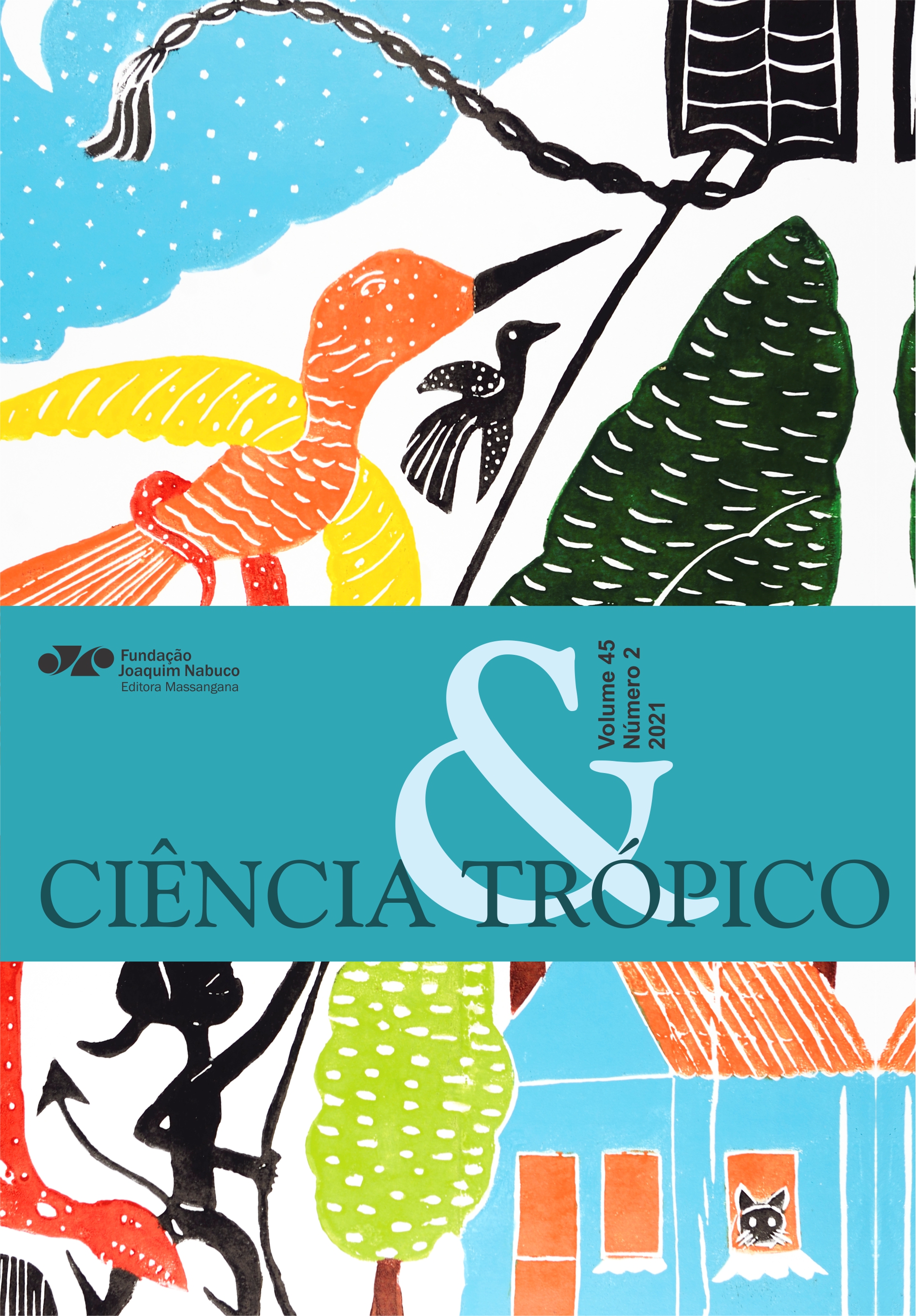A desnaturalização das crises globais e o conhecimento necessário em saúde
DOI:
https://doi.org/10.33148/cetropicov45n2(2021)art1Resumo
Ao usar como referência a "autópsia social" da onda de calor de Chicago de 1995, o artigo examina as crises globais, particularmente as mudanças climáticas, seus quadros teóricos e as informações disponíveis para analisar o problema. Em comparação com o quadro de autópsia social, o modelo analítico atual é insuficiente para revelar os processos sociais e políticos subjacentes das crises globais. A ausência de um quadro analítico adequado desafia o estabelecimento de políticas públicas adequadas para enfrentar a atual crise global. Isso também favorece a "naturalização" dos processos, escondendo o componente político-social, que se revela como uma evidência de saúde, mas não como um processo social de longo prazo e determinante.
Palavras-chave: Mudança climática. Agenda 2030. Autópsia social. desnaturalização de desastres. Vulnerabilidade socioambiental. ODS3.
Downloads
Downloads
Publicado
Como Citar
Edição
Seção
Licença
Copyright (c) 2021 Luiz Augusto Cassanha Galvão

Este trabalho está licenciado sob uma licença Creative Commons Attribution 4.0 International License.


